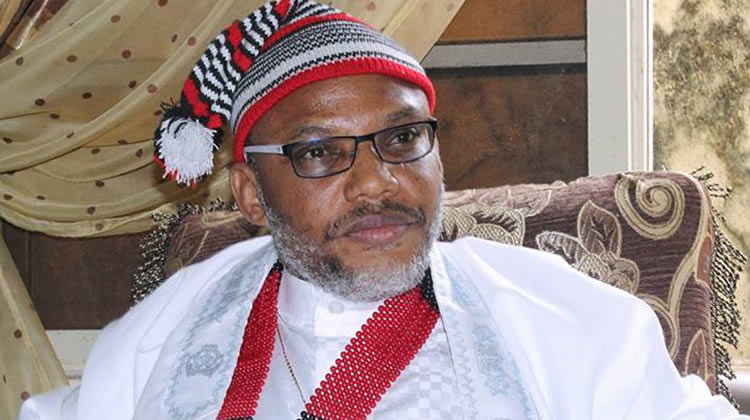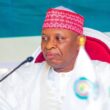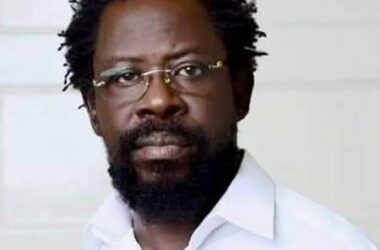The Indigenous People of Biafra (IPOB) has issued a stern warning to politicians in the South-East, urging them to stop using the detention of their leader, Nnamdi Kanu, for personal political gain.
IPOB’s spokesperson, Emma Powerful, expressed the movement’s frustration with what they see as empty promises and political rhetoric from those claiming to work towards Kanu’s release.
In a statement released on Monday, Powerful emphasized that the ongoing detention of Kanu should not be exploited for political maneuvering.
According to Powerful: “The noble family and movement of the Indigenous People of Biafra (IPOB) led by the great leader Mazi Nnamdi Okwu Kanu wish to warn some of the Igbo acclaimed politicians and leaders to stop using the name of Mazi Nnamdi Kanu for their selfish political gains.
“The IPOB leader, Mazi Nnamdi KANU, is not languishing in the DSS solitary confinement for Nigerian politics but for the freedom of Biafrans and to restore Biafra Nation.
“IPOB commends Ndigbo for not participating in the #EndBadGovernance protest in Nigeria. Though Ndigbo are highly marginalized and ostracized politically and economically, we have built survival resilience through decades of persecution in Nigeria.
“If Ndigbo had taken part in the protest, the Federal Government would have sent troops to destroy Igbo land and kill many Igbo civilians. IPOB has the interest and safety of our people at heart even as we continue to strategize on Biafra’s freedom.
“We advise Ndigbo to jettison the idea of some people using the name of Mazi Nnamdi Kanu in advancing their selfish political interest. Some of the social media talks about visiting Mazi Nnamdi Kanu in detention and working for his release are just political rhetoric.
“IPOB has nothing to do with many of them until Mazi Nnamdi Kanu is out of the illegal detention in DSS headquarters in Abuja.
“Those using the suffering of Mazi Nnamdi Kanu to advance their political interest should desist, otherwise IPOB will call you out publicly and also frustrate your political interest in the South-East.”










